Threat of war over Taiwan leaves superpowers on edge
President Xi Jinping is flexing his military muscle in pursuit of the dream of returning ‘rebel island’ Taiwan to China’s grip.
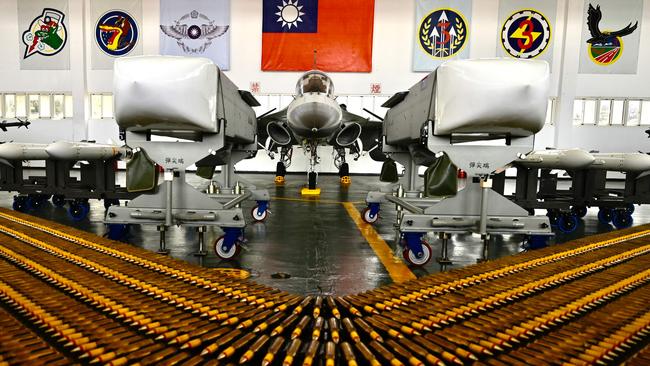
The world has long fretted about the outbreak of a catastrophic war on the Korean peninsula but the real danger may lie some 1,000 miles away in the Taiwan Strait – where the largest army on the planet is flexing its increasing might against a democratic island of 24 million people.
In recent days, jets of China’s People’s Liberation Army (PLA) have repeatedly crossed the midpoint of the strait that separates the mainland and Taiwan – their de facto border – triggering intercepts by the island’s frontline fighters.
Chinese flotillas are practising mine clearing to open up sea lanes for warships and landing forces, and Chinese soldiers have vowed to give up their lives should there be a war against Taiwan.
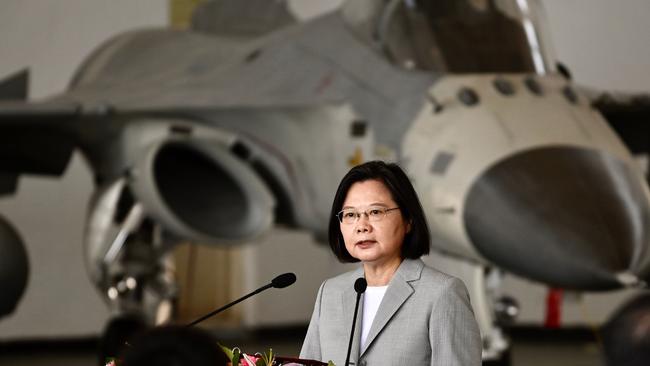
“If one day, the war breaks out, we would rush to the battlefield without any hesitation,” announced the PLA’s eastern theatre command, which would be the force to invade the island.
“We will protect every inch of the land of the motherland, every flower and every blade of grass. We’d never let down the motherland and our people!”
In Taiwan, the defence ministry has redefined procedures, allowing its soldiers to fire back when attacked, while its president struck a defiant tone against the mainland.
“We will never allow others to display their military might in our territorial airspace,” declared Tsai Ing-wen, as she toured a military base in Penghu, a string of small western islands that are on the furthest front of Taiwan’s air defences.
China has pledged to take Taiwan – which it considers unfinished business from the civil war in 1949 – back by force if necessary. For decades that seemed an unlikely threat, especially as Taiwan had a defence pact with the United States, but as relations plummet between Beijing and Washington, Taiwan could spark a clash that draws in the superpowers.
Washington has stepped up its military support. Over the past four years, the Trump administration approved seven arms sales packages to Taiwan totalling dollars 13.2 billion, and plans to sell a further dollars 7 billion worth of advanced weaponry, including long-range missiles and drones.
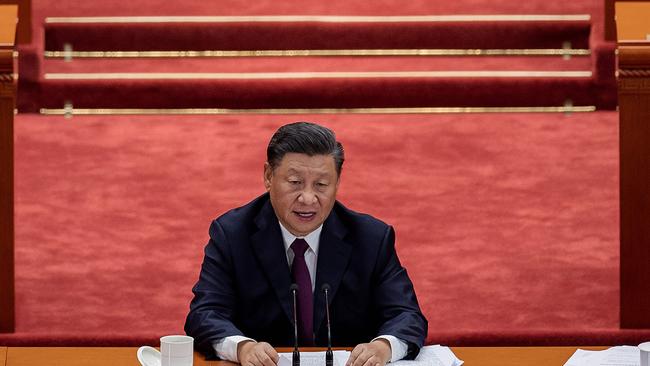
Yet Beijing’s ambitions to reunify Taiwan run deep into the psyche and have grown as the country’s leadership becomes more confident and senses weakness or isolationist tendencies in Washington.
In July, a former US admiral and a former CIA official warned that Beijing could invade Taiwan in January 2021, when the US would be distracted by its presidential inauguration.
This month Seth Cropsey, a senior fellow at the Hudson Institute, a Washington-based think tank, told The Hill that Beijing might even strike as the US goes to the polls on November 3.
Sun Yun, a senior fellow and director of the China programme at the Stimson Centre, dismissed any imminent war, even if risks of misfire or accidents are rising with the increased sabre rattling.
“It’s a political decision to launch a war. Should there be an accident, I don’t think military officials would be escalating the situation but they would be making phone calls (for high-level decisions),” Ms Sun told The Times.
She argued that Beijing would not take that step unless it is absolutely certain it would emerge victorious, because “the Taiwan issue is about the party’s legitimacy, and it cannot afford to lose the war”.
Kerry Brown, professor of Chinese studies and director of Lau China Institute at King’s College London, told The Times that war is still not probable but has “become horribly more possible”.
That’s “because of the deterioration of US-China relations, the discord within the US’s domestic situation meaning that China increasingly looks at America no longer as some role model but as a dysfunctional place that no longer has any right to lecture it, and the generally nationalistic tone of domestic Chinese politics under Xi,” he said.
“All of these contribute to a drift towards lack of flexibility on Taiwan, and rising impatience,” Mr Brown said. “No one should be complacent about this issue.”
The prospect of reunifying Taiwan is particularly alluring to President Xi, who harbours an ambition to gain the same stature as Mao, the country’s founding revolutionary. To do so he might have to achieve something that none of his communist predecessors, including even Mao, managed and that was conquer Taiwan.
The island broke away from the mainland in 1949, when the KMT government – defeated by Mao-led communists – fled the 90 miles across the water to Taiwan. Mao had planned to invade the island the next year but had to abort it when the Korean War broke out.
There have been periods of high tension between the mainland and the island ever since, but Beijing, deterred by US presence in the region, has never attacked. After Washington established formal ties with Beijing in 1979, the US government approved the Taiwan Relations Act, by which it promised to supply the island with sufficient hardware and technology for self defence.
For decades thereafter the mainland and the island sought to keep the status quo, by which Beijing wouldn’t attack Taiwan and the island would not declare independence. Deng Xiaoping, a late Chinese leader, said the Taiwan issue could be left for future generations to solve.
President Xi has a different approach.
“The longstanding political differences across the strait are the root cause for a lack of a sustainable, stable cross-strait relationship, and the problem cannot be passed from generation to generation,” the Chinese leader said in 2019, echoing hawkish voices at home that there should be no more delay in retaking Taiwan. He also declared unification to be part of his grand plan of national revival by 2050.
In 2016, Ms Tsai of the pro-independence Democratic Progressive Party beat a KMT opponent and was elected Taiwan’s president and was re-elected earlier this year. Ms Tsai was pragmatic enough not to declare statehood but her rejection of Beijing’s “one China” policy was enough to infuriate Beijing, which has ratcheted up military pressure on the island and launched a global campaign to isolate it diplomatically.
In response, Washington, which has a policy of “strategic ambiguity” over Taiwan, started to lend more support to the island. Relations between the two in the region have also been stretched by Beijing sovereignty claims and fortification of islets and atolls in the South China Sea, by the imposition of a swingeing new security law on Hong Kong, and Beijing’s human rights abuses and unfair trade practices.
In addition to arms sales, the US military has sailed warships through the Taiwan Strait at least nine times this year and carried out multiple reconnaissance operations – almost on a daily basis in recent weeks.
At the same time Beijing has regularly staged “real-combat” drills aimed at demonstrating its capabilities to seize the island swiftly. Since June, the Chinese military has been sailed warships to the west of the strait’s median line and probing its defences by flying fighter jets towards the island’s south west.
This week Beijing has dismissed the long established respect of the “median line” entirely, drawing am ominous warning from Joseph Wu, Taiwan’s foreign minister.
“For many years, the median line of the Taiwan Strait has served as a symbol of the status quo to avoid cross-strait military conflict and maintain peace and stability,” he said.
“The recent claim of the Chinese foreign ministry in effect destroys the status quo of the Taiwan Strait,” he added, and compared it to Beijing’s dismissal of the “one country, two systems” deal under which it promised Hong Kong would be governed after its handover from Britain in 1997.
The Times

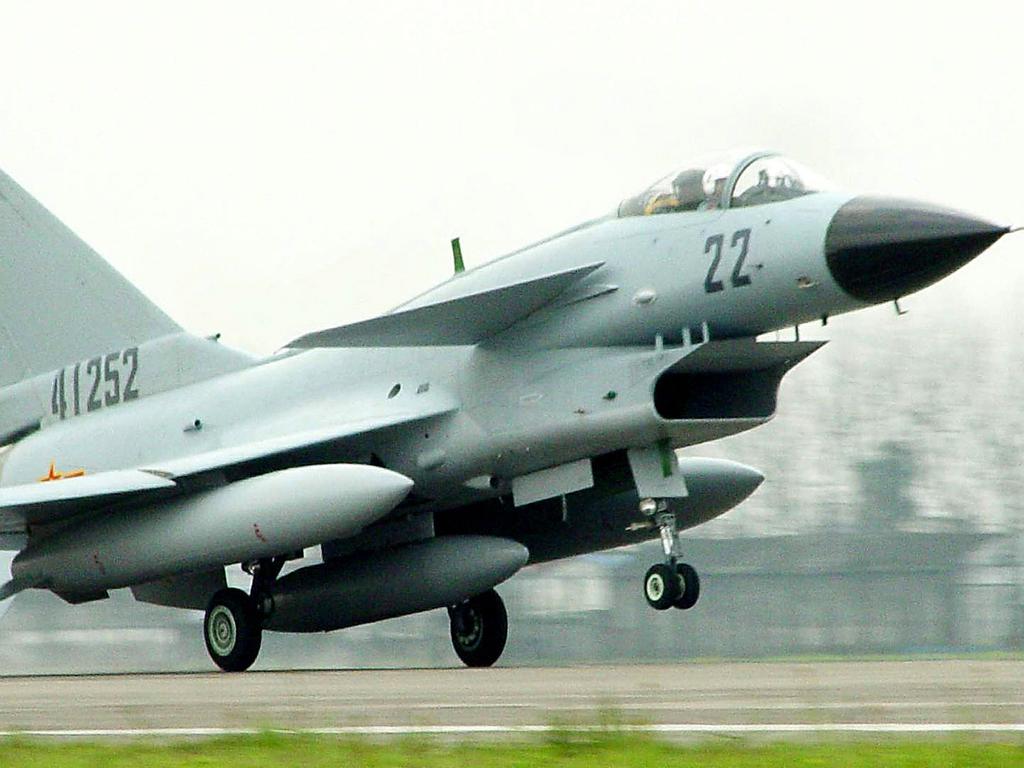
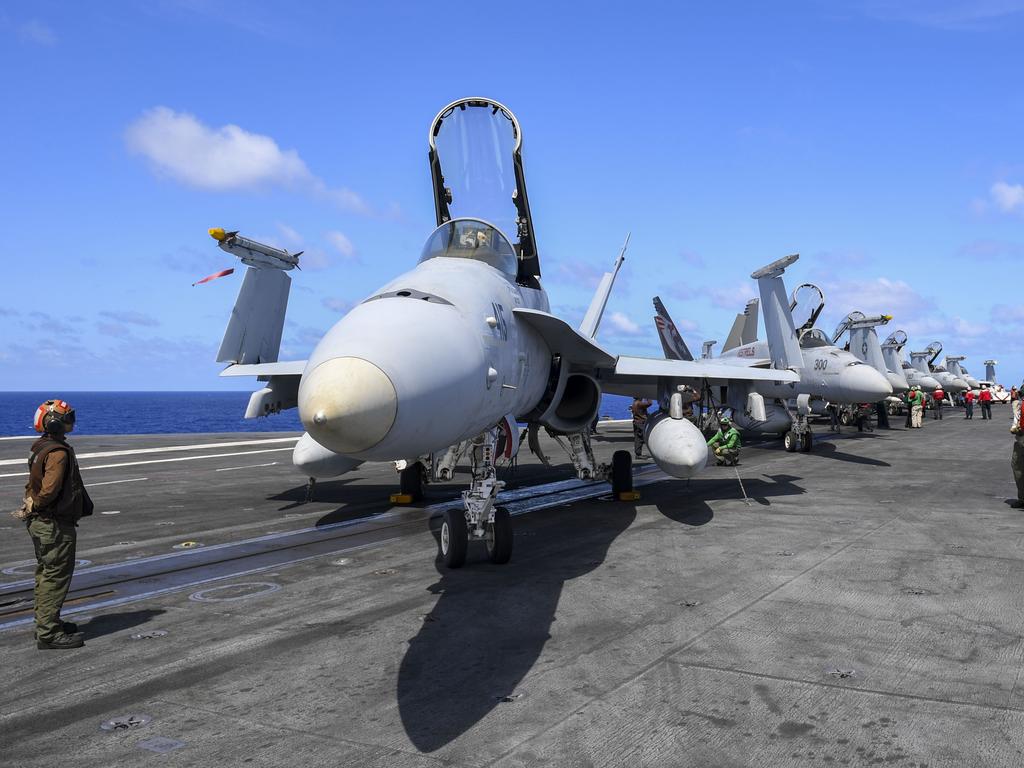
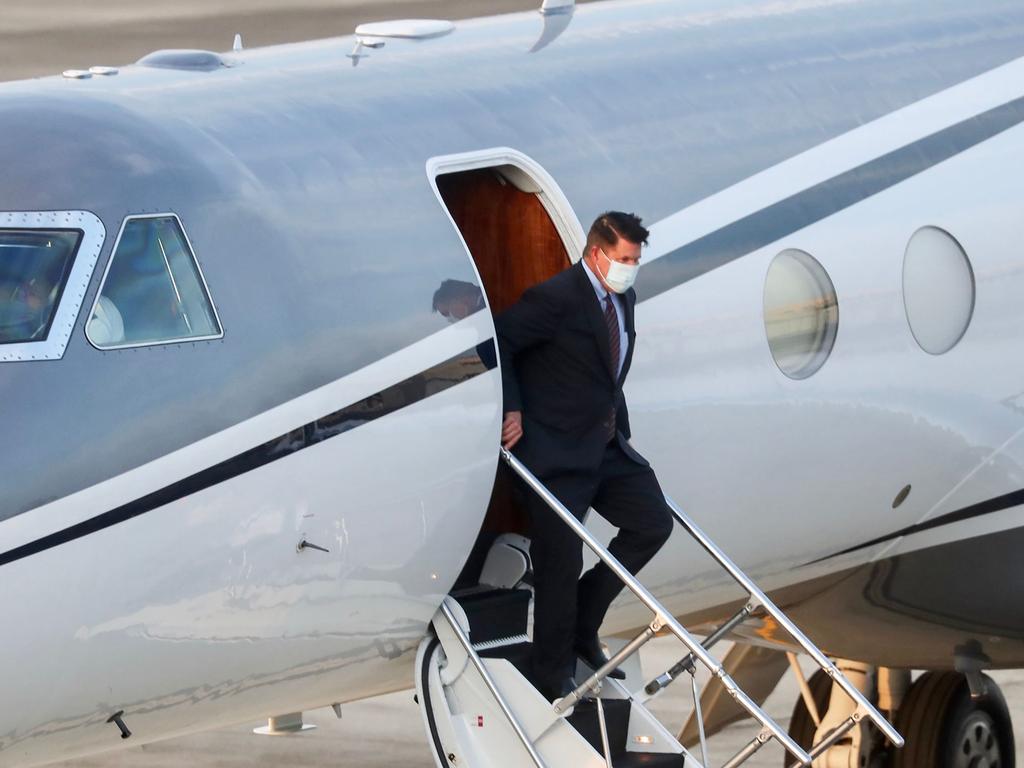
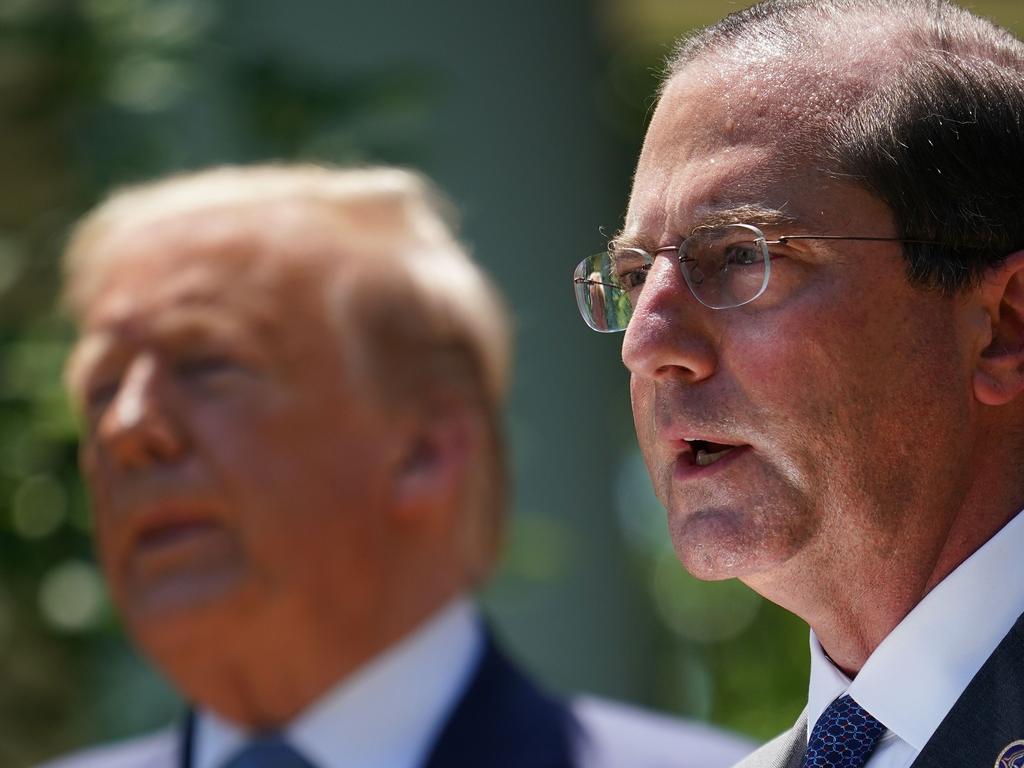


To join the conversation, please log in. Don't have an account? Register
Join the conversation, you are commenting as Logout